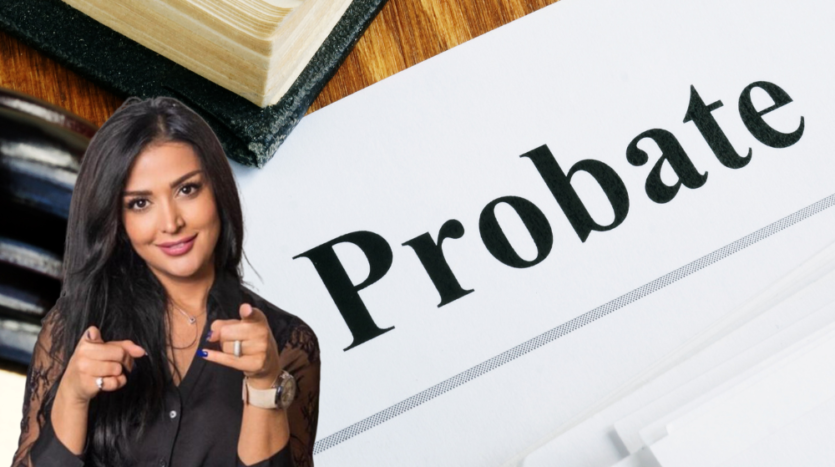Understanding Probate: A Simple Guide to the Process
Probate can be a perplexing term for many, but it’s an important aspect of handling a deceased person’s estate. When someone passes away, their assets—such as property, possessions, and money—need to be distributed. Probate is the legal process that oversees this distribution.
What Exactly Is Probate?
Probate is essentially a legal procedure that takes place after someone dies. It involves proving in court that a deceased person’s will is valid and authentic. If there is no will, the court will decide how to distribute the assets based on the laws of the state where the deceased person lived. This whole process is supervised by a probate court.
The Probate Process: Step-by-Step
1. Initiating Probate
The process typically begins when the executor of the will (if there is one) files a petition with the probate court. If there’s no will, a family member or another interested party can ask the court to oversee the estate’s distribution.
2. Validating the Will
The court will review the will to confirm its validity. This might involve contacting witnesses or examining other evidence to ensure the document is indeed the deceased person’s final wishes.
3. Appointing an Executor or Personal Representative
The court appoints an executor or personal representative—this person is responsible for managing the estate, paying debts, and distributing assets to beneficiaries as per the will or state law.
4. Identifying and Inventorying Assets
The executor needs to take stock of the deceased person’s assets and determine their value. This could include property, bank accounts, investments, and personal belongings.
5. Paying Debts and Taxes
Outstanding debts and taxes are settled using the deceased’s assets. This step is crucial before distributing the estate among beneficiaries.
6. Distributing Assets
Once debts, taxes, and administrative expenses are settled, the remaining assets are distributed among beneficiaries according to the terms of the will or state law if there’s no will.
Why Does Probate Matter?
1. Asset Protection
Probate helps safeguard the deceased person’s assets. It ensures that debts are settled and remaining assets are distributed fairly among beneficiaries.
2. Legal Clearance
Probate provides a legal process for the transfer of assets. It helps clear any ambiguities or disputes that might arise over the distribution of property or possessions.
3. Fairness and Transparency
By following a legal framework, probate ensures fairness and transparency in distributing the estate among heirs and beneficiaries.
Challenges of Probate
1. Time-Consuming Process
Probate can be lengthy, taking several months or even years to resolve, depending on the complexity of the estate and any legal disputes that arise.
2. Costs and Fees
There are court fees, attorney fees, and other expenses associated with probate, which can diminish the overall value of the estate.
3. Public Process
Probate proceedings are a matter of public record, which means the estate’s details become accessible to the public.
How to Avoid Probate?
There are several strategies to avoid the probate process, such as creating a living trust, joint ownership of property, gifting assets while alive, or designating beneficiaries for retirement accounts and life insurance policies.
In Conclusion
Probate is a crucial process that ensures the fair distribution of a deceased person’s estate. While it can be complex and time-consuming, understanding the basics of probate can help navigate the process more efficiently. Seeking legal advice or consulting with a probate attorney can greatly assist in managing and simplifying this process.
Remember, handling the affairs of a loved one who has passed away can be emotionally challenging. Being well-informed about probate can help alleviate some of the stress during such difficult times.
Understanding probate is a crucial step toward planning your estate and ensuring your wishes are carried out smoothly after you’re gone.
Whether you’re in the market to buy or sell a house, having the right real estate agent significantly impacts your experience. Rana Real Estate Group excels in this arena, adept at assisting whether you’re selling your property or seeking a new one. They possess deep insights into market dynamics and can optimize your opportunities. Opting for their services ensures you have a seasoned and well-informed partner for your real estate journey. It’s akin to having a trustworthy companion navigating you through the bustling housing market!
Specializing in Commercial, Residential & Land

